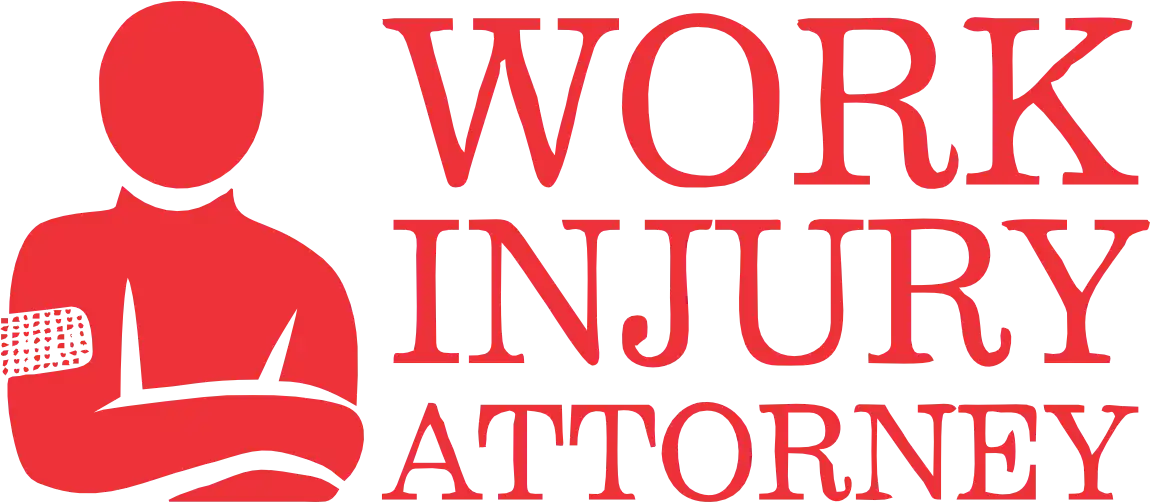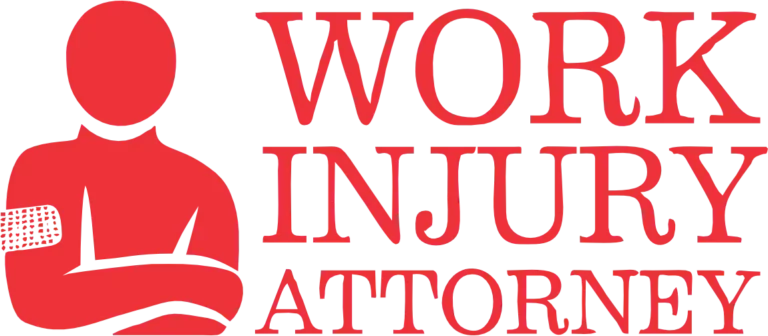Suffering an injury at work can be a distressing experience, both physically and financially. Fortunately, workers’ compensation laws are designed to help protect workers who are injured while performing job-related tasks. These laws vary by state, but in most cases, workers who are injured on the job are entitled to several benefits that can help cover medical expenses, lost wages, and more.
In this blog, we will walk you through the different types of benefits you may be entitled to after a workplace injury. Understanding your rights is essential in ensuring that you receive the compensation you deserve, allowing you to focus on your recovery rather than worrying about finances.
1. Medical Benefits
One of the primary benefits provided by workers’ compensation is coverage for medical expenses related to your injury. Workers’ compensation insurance should cover the cost of treatments, hospital visits, surgeries, medications, rehabilitation, and any necessary medical equipment required for your recovery.
What is covered:
-
Doctor’s visits and hospital stays
-
Prescription medications and over-the-counter treatments
-
Physical therapy or rehabilitation
-
Surgeries or medical procedures related to the injury
-
Medical supplies, such as bandages, crutches, or braces
Why it matters:
-
Medical expenses can quickly pile up after an injury, and workers’ compensation ensures that you are not left with the financial burden of necessary medical care. These benefits allow you to focus on healing without worrying about how to pay for treatments.
2. Wage Replacement Benefits (Temporary Disability Benefits)
If your injury prevents you from working for a period of time, workers’ compensation can provide wage replacement benefits. These benefits are designed to replace a portion of the income you lost while you’re unable to perform your job duties.
What to expect:
-
Temporary Total Disability (TTD): If you are completely unable to work due to your injury, you may qualify for temporary total disability benefits. This typically provides a portion of your average weekly wage for the duration of your recovery.
-
Temporary Partial Disability (TPD): If you can return to work but are unable to perform your full duties due to your injury (such as working part-time or in a modified position), you may be eligible for temporary partial disability benefits, which supplement your reduced income.
Why it matters:
-
Workers’ compensation helps replace lost wages, ensuring that you can continue to support yourself and your family while you recover. While these benefits typically do not cover your full salary, they can ease the financial strain caused by being out of work.
3. Permanent Disability Benefits
In cases where a workplace injury results in long-term or permanent disability, workers may be entitled to permanent disability benefits. These benefits are available if you are left with a permanent impairment or are unable to work in the same capacity you did before the injury.
What to expect:
-
Permanent Partial Disability (PPD): If your injury results in a permanent impairment but you are still able to work in some capacity, you may qualify for permanent partial disability benefits. The amount you receive will depend on the severity of the disability and the extent of your impairment.
-
Permanent Total Disability (PTD): If your injury is so severe that it prevents you from returning to any type of work, you may be entitled to permanent total disability benefits. This typically provides ongoing benefits for the rest of your life.
Why it matters:
-
Permanent disability benefits provide financial support for workers who can no longer perform their job or are significantly limited in their ability to work. These benefits are crucial for individuals who may never fully recover from their injuries.
4. Vocational Rehabilitation Benefits
In some cases, workplace injuries may prevent you from returning to your previous job or profession. Vocational rehabilitation benefits help injured workers retrain for a new job or profession, allowing them to re-enter the workforce and continue earning a living.
What is covered:
-
Job retraining programs
-
Educational assistance for acquiring new skills
-
Job placement services
-
Career counseling and resume writing assistance
Why it matters:
-
Vocational rehabilitation benefits are vital for workers who cannot return to their previous role due to a workplace injury. These benefits provide the support needed to gain new skills and find employment in a different field, helping you regain financial independence.
5. Death Benefits (For Survivors)
In the unfortunate event that a worker dies due to a workplace injury, their surviving family members or dependents may be entitled to death benefits through workers’ compensation. These benefits are designed to help replace lost income and cover funeral expenses.
What is covered:
-
Funeral and burial expenses: Workers’ compensation will typically cover a portion of funeral and burial costs.
-
Dependency benefits: Surviving spouses, children, or other dependents may be entitled to ongoing financial support, typically a percentage of the deceased worker’s wages.
Why it matters:
-
The sudden loss of a loved one due to a workplace injury is devastating, and death benefits provide much-needed financial assistance to grieving families. These benefits help replace lost income and reduce the financial strain on dependents left behind.
6. Rehabilitation and Therapy Benefits
Some workplace injuries require long-term rehabilitation, including physical therapy, occupational therapy, or psychological counseling. Workers’ compensation may cover the cost of these therapies to help you recover and regain functionality.
What is covered:
-
Physical therapy for restoring strength and mobility
-
Occupational therapy to help you return to daily activities
-
Counseling or mental health services if the injury causes emotional trauma
Why it matters:
-
Rehabilitation is often a crucial part of the recovery process. Workers’ compensation ensures that the costs of therapy and rehabilitation are covered, helping you get back to work and life as quickly as possible.
7. Transportation Costs for Medical Visits
In some cases, workers’ compensation may also cover transportation costs related to medical visits. This can include mileage reimbursement if you need to travel a long distance to receive medical treatment or therapy.
What is covered:
-
Gas and tolls for driving to medical appointments
-
Public transportation costs if applicable
Why it matters:
-
Transportation costs can add up, especially if you need frequent medical visits. Workers’ compensation helps cover these additional expenses, easing the financial burden of getting the medical care you need.
Conclusion
If you’ve suffered a workplace injury, you may be entitled to a wide range of benefits through workers’ compensation, including medical coverage, wage replacement, disability benefits, and more. The key to accessing these benefits is understanding your rights and filing your claim in a timely manner.
If you’re unsure about the benefits you’re entitled to or if you encounter difficulties with your claim, it’s important to consult with a skilled workers’ compensation lawyer. A legal professional can help guide you through the process, ensure you receive the compensation you deserve, and provide the support you need to focus on your recovery.
Remember, workers’ compensation benefits are there to help you recover both physically and financially after a workplace injury. Understanding and claiming these benefits is an important step toward healing and moving forward with your life.


